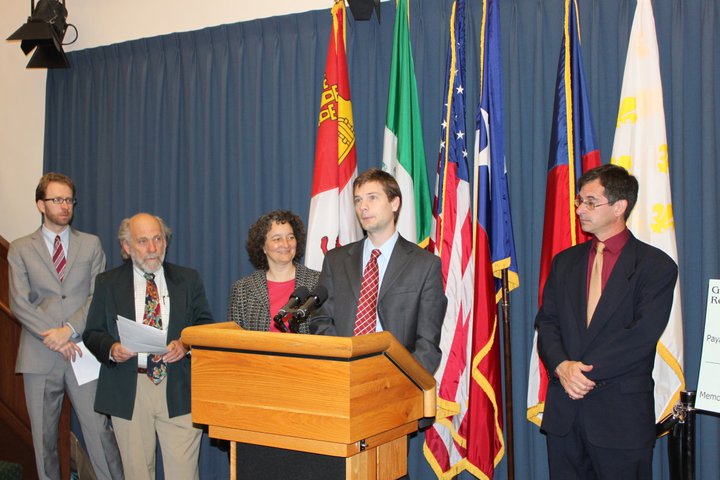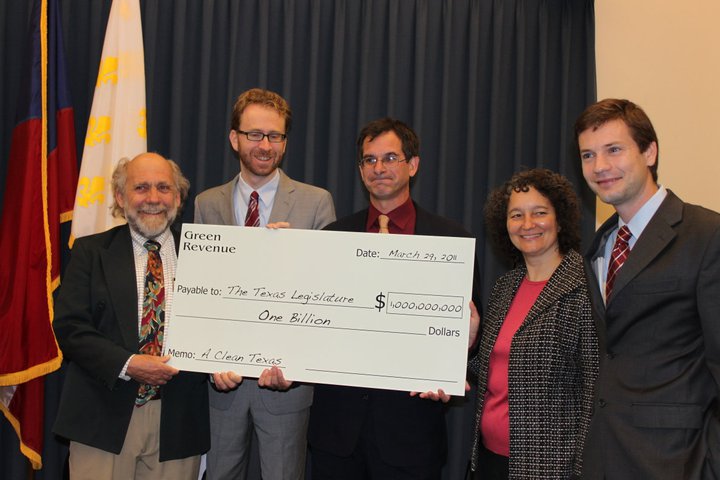According to ABC News, a new intelligence report from the Department of Homeland Security (DHS) issued Tuesday, entitled Insider Threat to Utilities, warns “violent extremists have obtained insider positions,” and that “outsiders have attempted to solicit utility-sector employees” for damaging physical and cyber attacks.
The report goes on to say, “Based on the reliable reporting of previous incidents, we have high confidence in our judgment that insiders and their actions pose a significant threat to the infrastructure and information systems of U.S. facilities,” the bulletin reads in part. “Past events and reporting also provide high confidence in our judgment that insider information on sites, infrastructure, networks, and personnel is valuable to our adversaries and may increase the impact of any attack on the utilities infrastructure.” Which is DHS jargon when translated says, if terrorists infiltrate our utilities we are in trouble.
In the materials recovered after the Navy SEAL operation that killed Osama bin Laden in May, officials found evidence bin Laden was seeking to repeat the carnage of the Sept. 11, 2001, terror attacks on or around its ten year anniversary and there are a lot of very sensitive facilities where someone can get a job on the inside, get access to a control room, and flip a switch – causing an electric power grid to short circuit or a pipeline to explode or OMG, other mayhem happens like with the guy in the insurance commercials. At a minimum, something like this could disrupt the lives of 10s to 100s of thousands of people.
The Department of Homeland Security said in a statement there was no specific threat, so let’s hope no one moves on a threat of this nature this week with most of the country sweltering from a record breaking heat wave. OMG, that would cause mayhem!
Update
A round of applause for former Public Citizen researcher, TexasVox’s number one fan and all around know-it-all — Matt Johnson. He found a link to the report referenced above. Click here if you want to read this Homeland Security report.








